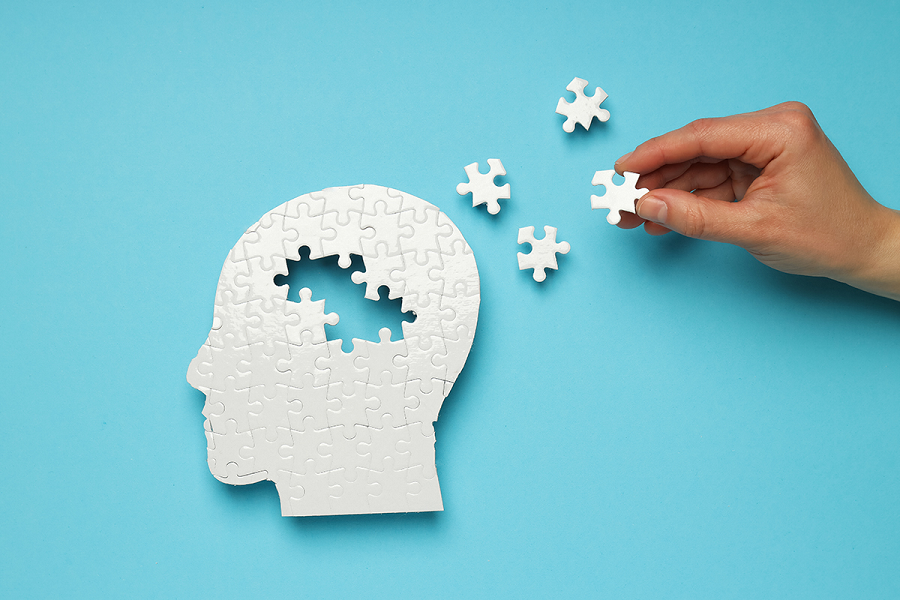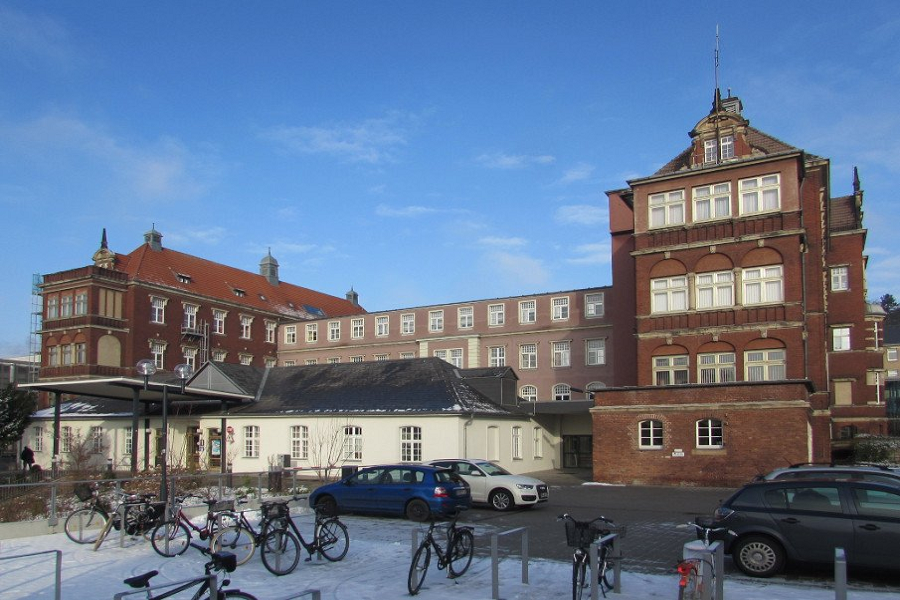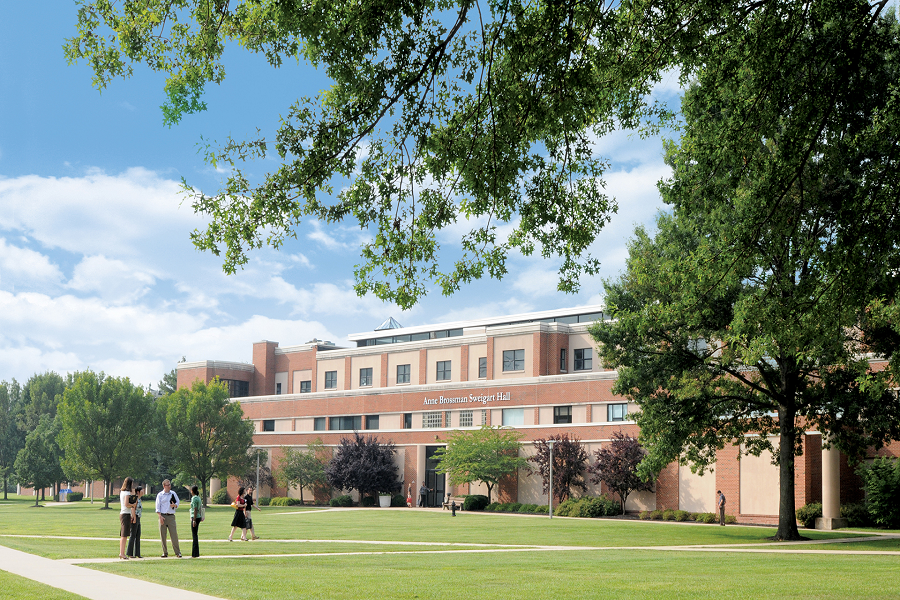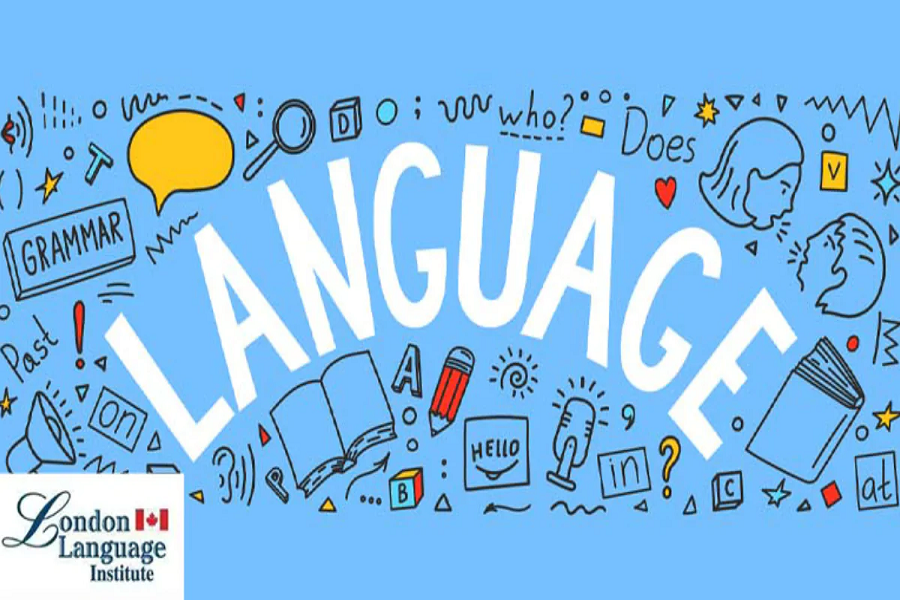In the consistently developing scene of training, the development of decisive reasoning abilities has arisen as a foundation for planning understudies to explore the intricacies of the cutting edge world. Decisive reasoning goes past the procurement of realities; a dynamic and purposeful cycle includes dissecting, deciphering, and assessing data to shape very much contemplated decisions. This article dives into the meaning of encouraging decisive reasoning abilities in schooling and investigates compelling procedures to sustain these mental capacities.
Understanding Critical Thinking:
Decisive reasoning is the capacity to think autonomously and normally, pursuing informed choices in light of cautious examination and assessment of proof. It includes addressing suspicions, taking into account elective points of view, and applying rationale to tackle issues. In an era inundated with information, the capacity to think critically is indispensable for students to distinguish between reliable sources, discern the validity of arguments, and approach challenges with a solution-oriented mindset.
Importance in Education:
Preparation for Real-World Challenges:
This present reality is overflowing with intricacies and vulnerabilities. Decisive reasoning furnishes understudies with the abilities to handle difficulties, use wise judgment, and adjust to unanticipated conditions.
Enhanced Problem-Solving Abilities:
Critical thinkers excel at problem-solving. They can deconstruct complex issues, identify underlying factors, and formulate effective solutions, contributing to innovation and progress.
Enabling Informed Direction:
In a data driven society, understudies need the capacity to basically filter through immense measures of information. This expertise is essential for going with educated choices in different perspectives regarding life.
Promoting Lifelong Learning:
Critical thinking is intertwined with a curiosity to learn. Nurturing these skills instills a love for learning and encourages students to seek knowledge beyond the confines of traditional classrooms.
Strategies to Foster Critical Thinking:
Questioning Techniques:
Urge understudies to pose inquiries that go past the surface. For what reason does this occur? What are the ramifications? How could it be different?
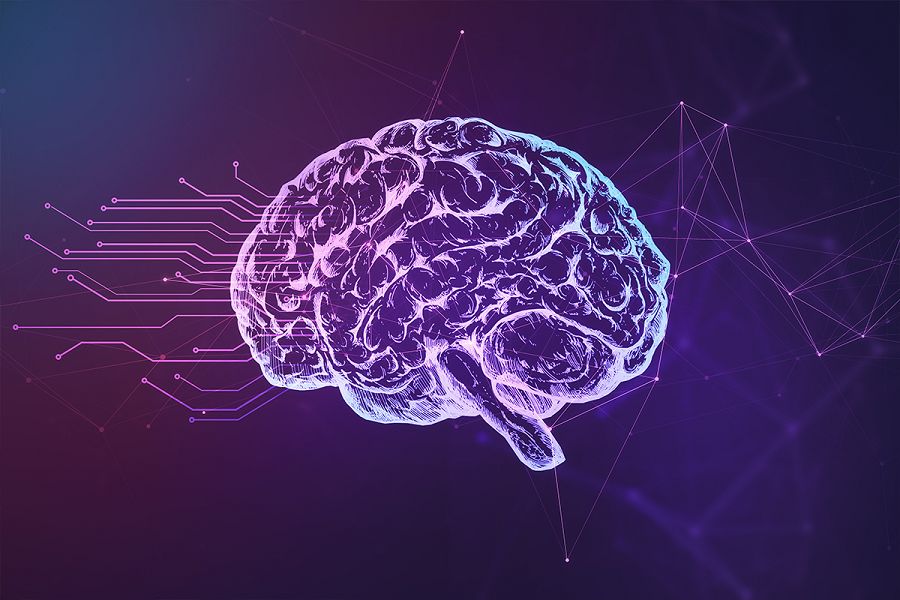
Socratic Method:
Embrace the Socratic method of teaching, engaging students in dialogue to stimulate critical thinking. This method encourages the exploration of ideas and the examination of assumptions.
Problem-Based Learning:
Integrate problem-based learning approaches, presenting students with real-world scenarios that require critical analysis and collaborative problem-solving.
Diverse Perspectives:
Expose students to diverse perspectives and opinions. This fosters an understanding that there can be multiple valid viewpoints, encouraging open-mindedness.
Analytical Writing:
Incorporate assignments that require analytical writing. This practice helps students articulate their thoughts coherently and reinforces the process of critical analysis.
Collaborative Learning:
Foster collaborative learning environments where students can engage in discussions, share ideas, and collectively solve problems. This mirrors real-world scenarios where teamwork is often essential.
Reflection and Metacognition:
Integrate reflection into the learning process. Encourage students to think about their thinking (metacognition), promoting self-awareness and continuous improvement.
Incorporate Multimedia:
Utilize multimedia resources that present information in various formats. Analyzing visuals, videos, and texts diversifies the learning experience and enhances critical thinking skills.
Conclusion:
Cultivating critical thinking skills in education is a fundamental investment in the intellectual growth and future success of students. As educators and institutions prioritize these skills, they contribute to the development of individuals who not only absorb knowledge but also possess the acumen to apply it thoughtfully, fostering a generation prepared to tackle the complexities of the ever-changing world.

